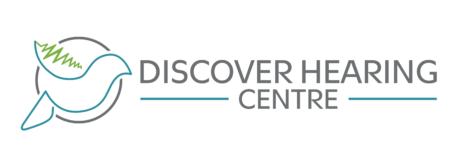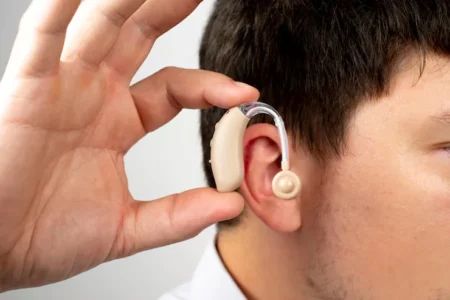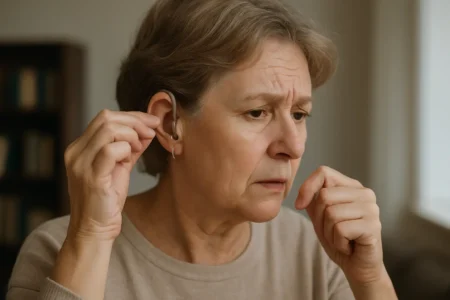The Different Types of Hearing Aids Available

Hearing loss can be a frustrating and isolating condition, but modern technology has made it possible to improve hearing with the use of hearing aids. There are many different types of hearing aids available, each with their own unique features and benefits. In this post, we will explore the different types of hearing aids available, to help you make an informed decision when it comes to choosing the right one for your needs.
Traditional Hearing Aids
First, let’s take a look at the traditional hearing aid. This type of hearing aid is worn on the ear and amplifies sound to help people with hearing loss hear better. They come in a variety of styles including behind-the-ear (BTE), in-the-ear (ITE) and in-the-canal (ITC). BTE hearing aids are the most commonly used and sit behind the ear, while ITE and ITC hearing aids sit inside the ear canal.
One of the key advantages of these type of hearing aids is that they are highly customizable. The earpieces are customizable to fit the unique shape of the wearer’s ear canal, ensuring a comfortable and secure fit. Additionally, the device can be programmed to meet the specific hearing needs of the wearer, with adjustments for volume, frequency, and other factors that affect hearing. Another advantage is that they are relatively durable and long-lasting and easy to clean and maintain. They are also suitable for a wide range of hearing loss, from mild to severe. The device can be adjusted to provide the level of amplification needed to compensate for the wearer’s specific degree of hearing loss.
RIC Hearing Aids
Next, there are the Receiver-in-the-canal (RIC) hearing aids. These hearing aids have a thin wire that sits in the ear canal, which sends sound to a small receiver that sits behind the ear. This type of hearing aid is less visible than traditional hearing aids and can be more comfortable for some people to wear. Additionally, the earpiece ensures a secure and comfortable fit, which is important for wearers who are concerned about their hearing aid falling out or feeling uncomfortable.
IIC Hearing Aids
Another type of hearing aid is the invisible-in-the-canal (IIC) hearing aid. This type of hearing aid sits deep in the ear canal and is virtually invisible, making it a popular choice for people who are self-conscious about wearing a hearing aid. Another advantage of IIC hearing aids is their comfort. Because they sit inside the ear canal, they do not cause discomfort or irritation like some other types of hearing aids can. Additionally, the small size of IIC hearing aids means they do not interfere with glasses, hats, or other accessories.
Also Read: How Untreated Hearing Loss Affects Your Quality of Life
Cochlear Implants
Lastly, there are the cochlear implants. These are not your traditional hearing aids, but rather a surgically implanted device that helps people with severe hearing loss to hear. They work by sending electrical signals directly to the auditory nerve, bypassing the damaged inner ear.
When it comes to choosing the right hearing aid for your needs, it’s important to consider your lifestyle and budget. It’s also important to have your hearing tested by an audiologist or hearing specialist. They will be able to recommend the best type of hearing aid for you and your lifestyle.
It’s also important to note that hearing aids require proper care, cleaning and maintenance. Annual hearing tests will ensure they continue to work optimally with the correct prescription. With the latest advancements in hearing aid technology and the variety of options available, there’s never been a better time to improve your hearing and regain your quality of life.
References:
- “Hearing Aids: Types, Styles, and Features” (https://www.mayoclinic.org/diseases-conditions/hearing-loss/in-depth/hearing-aids/art-20046767)
- “Hearing Aids 101: Types, Styles, and Features” (https://www.healthyhearing.com/help/hearing-aids/types)
You Might Also Like
Behind-the-Ear vs. In-the-Ear Hearing Aids: Which One Is Right for You?
Common Mistakes First-Time Hearing Aid Users Make and How to Avoid Them
The Link Between Tinnitus and Hearing Loss: What You Need to Know
Have Questions?
Curious about hearing loss, tinnitus relief, or treatment options in Waterloo? Talk to one of our hearing care professionals today.





